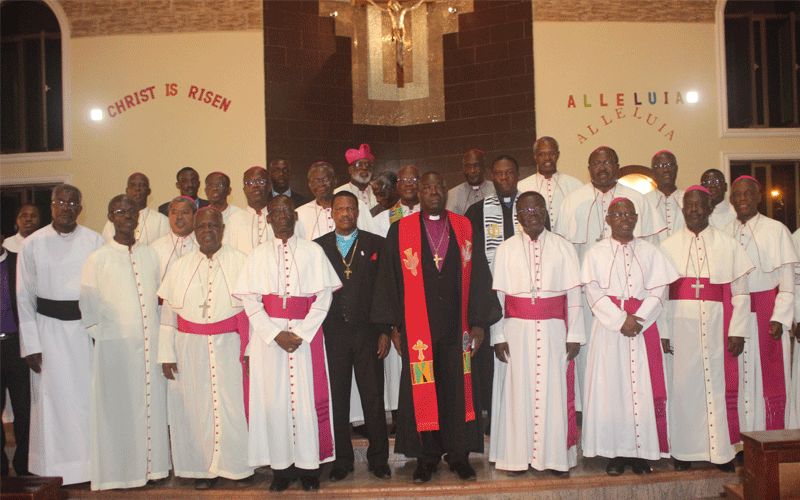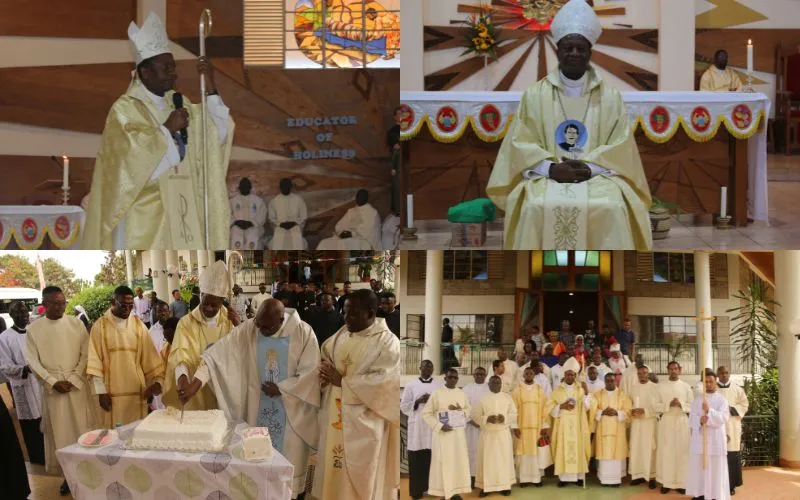At a late-night Press briefing Monday, June 1, the Minister enumerated the measures religious groups must take to ensure safety protocols before, during and after public worship.
The provision of thermometer guns, insisting on wearing masks and regular sanitization of microphones and other equipment are among the guidelines.
Other guidelines include training and provision of personal protective equipment to protocol officers, adequate ventilation and prohibition of group singing, dancing and waving of handkerchiefs.
The 23 guidelines read in part,
“Older people and people with underlying medical conditions should stay away from church for now,” the Minister has outlined and added, “Sunday schools and Children's services are to remain closed for now.”
(Story continues below)
Churches leaders will also be required to create separate sitting areas for those who are fairly old, according to the set of guidelines.
Touching on education in his nationwide address on May 31, President Akufo-Addo announced that from June 15, the decision had been taken to re-open schools and universities to allow for final year junior high, senior high and university students to resume classes ahead of the conduct of their respective exit examinations.
“All final year students of educational and training institutions, which are being managed by Ministries other than the Education Ministry, are to return to school on 15th June to complete their exit examinations,” he said.
Safety protocols to observe in reopening of schools in Ghana will include fumigation of the learning institutions, provision of reusable face masks and ensuring that non-final year classes remain closed.
The decision to ease the public gatherings protocol has, however, been met with mixed reactions from Ghanaians.
Sharing his view with ACI Africa correspondent, Prof. Elias Sowley, Chairman of the National Laity Council in Ghana said, “I think it is a good step. Churches and Mosques with large congregations can split into groups of 100 and conduct many possible prayer sessions but with strict observance of the protocols and staying with the time limit of one hour.”
On her part, Mrs. Doris Ashun, General Manager of Catholic Schools said, “I would have preferred re-opening of schools to be held on a later date as COVID-19 cases keep rising.”
She added, “Students would have to travel from all over the country to go to school. Will the preparations be ready in all schools by the time they arrive? But now that a date has been given for the opening, let's all put our hands behind the wheel and help out.”
Mrs Ashun appealed to students and teachers who are to handle the students to observe all protocols given as well as be each other's keeper and to continually remind themselves about doing the right thing to stay safe.








